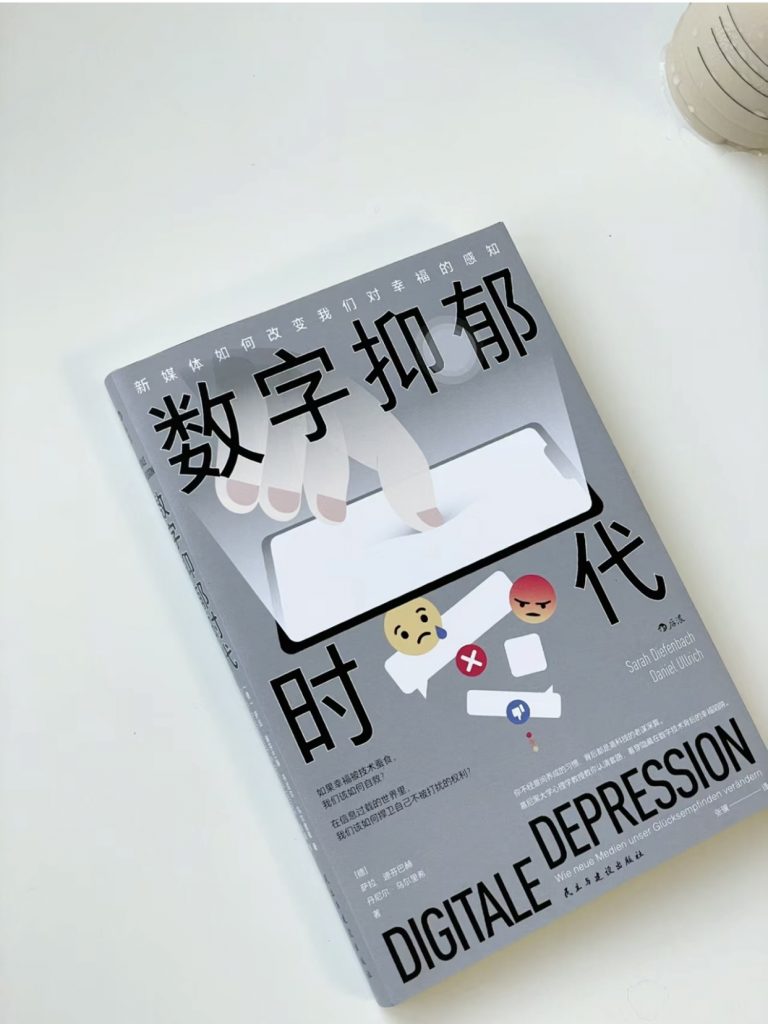The herd mentality is an important reason that cause FOMO, so I did some reading about it. Spiral of Silence is a political science and mass communication theory proposed by German political scientist Elisabeth Noelle-Neumann in the 1970s. The theory states that in a public environment, people tend to hide opinions that are different and may be rejected, leading to a self-reinforcing spiral process in which the dominant viewpoints are reinforced and the minority viewpoints tend to be silenced.
Principle:
People perceive the climate of public opinion and try to identify which views are dominant. Individuals choose to remain silent for fear of social segregation if they express minority views. Supporters of the minority view are silenced by fear, causing the dominant view to become more prominent.
Impact:
Minority views are silenced, reducing the diversity of opinion in public discourse. Mainstream views are reinforced, which may lead to a false perception of conformity. Individuals may engage in self-censorship to avoid expressing their true opinions and feelings.
How to respond:
Create a safe environment that encourages people to express their views freely, whether they are popular or not.
Encourage individuals to think independently rather than blindly following the prevailing viewpoint.
Through education and social support, individuals are empowered to feel more confident in their own views and less fearful of social isolation.
The Spiral of Silence theory reminds us to be aware of the tendency to oppress minority views that may exist in public discourse, as well as the potential threat that this tendency poses to social diversity and individual freedom. By recognising and actively addressing this phenomenon, we can promote a healthier and more open environment for public dialogue. I think this is related to the principle of FOMO, where people are influenced in their judgement and thinking because of bandwagon effect and it is important to create a safe environment for stakeholders.

I also read “Digitale Depression” by Sarah Diefenbach, a book that discusses in detail the impact of new media technologies. Sarah reveals the happiness traps and paradoxes behind digital technologies, which bring new emotional experiences but also clamp down on individual behaviours, causing individuals to fall into the prison of negative emotions such as confusion, anxiety, depression and emptiness.
This book discusses the impact of digital technology on the perception of happiness from the perspective of negative impact, and provides suggestions for understanding new media technology and enhancing individual happiness. Sarah focuses on the key question of how technology is involved in changing and shaping people’s minds and sense of well-being, and introduces a case study of offline and online socialising to illustrate the double-sided nature of modern technology. Sarah’s understanding of technology as a pathway to happiness and health, rather than an aid, helped me understand how to use the internet to find happiness rather than anxiety.